25, April 2024
10 Million Cameroonians lived on less than $1.80 per day 0
The 5th Cameroonian Household Survey (ECam5), published by the National Institute of Statistics (INS) on April 24, revealed that nearly two in five Cameroonians live below the national poverty line, estimated at CFA813 ($1.42) per day and person. The INS report states that “with this threshold, about 10 million people live in poverty in 2022, for a total population estimated at around 27 million inhabitants.”
The INS attributes this situation to several factors, including insufficient economic growth, distortions in wealth distribution, and various endogenous and exogenous shocks related to the Russo-Ukrainian conflict and fluctuations in global commodity and export prices. The report also notes that, as has been the case for years, poverty is more prevalent in rural areas, with a 56.3% incidence, compared to 21.6% in urban areas. “The regions of the Far North, North-West, North, Adamawa, and East are the poorest, with poverty levels above the national average. Consumption inequality remains high, as the wealthiest 20% of households have a consumption 10 times higher than the poorest 20%,” the report states.
Most of the regions considered poorer in Cameroon face security challenges. These include the Far North, where the Nigerian Islamist sect Boko Haram is active; the North-West, where separatist demands have intensified in recent years; the Adamawa region, which faces kidnappings targeting mainly herders and traders; and the East, which borders the Central African Republic and suffers from the actions of armed militias from that country that roam the border with Cameroon.
Source: Business in Cameroon
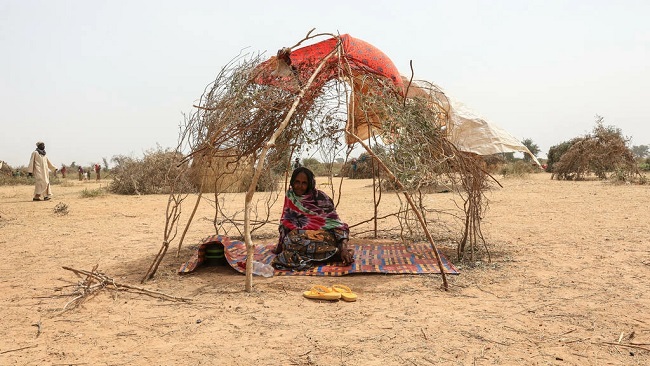

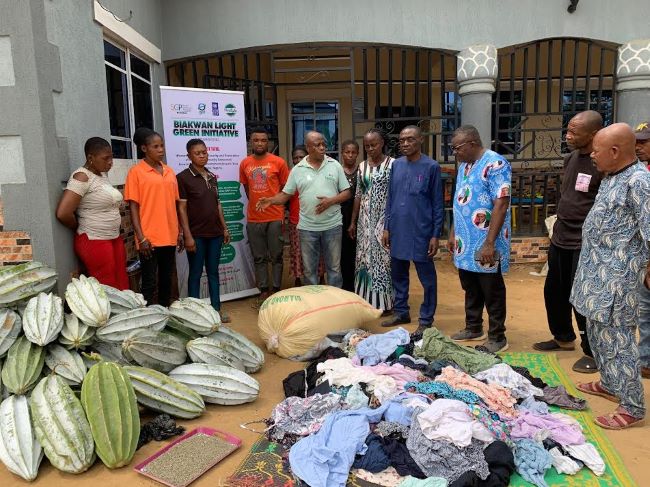




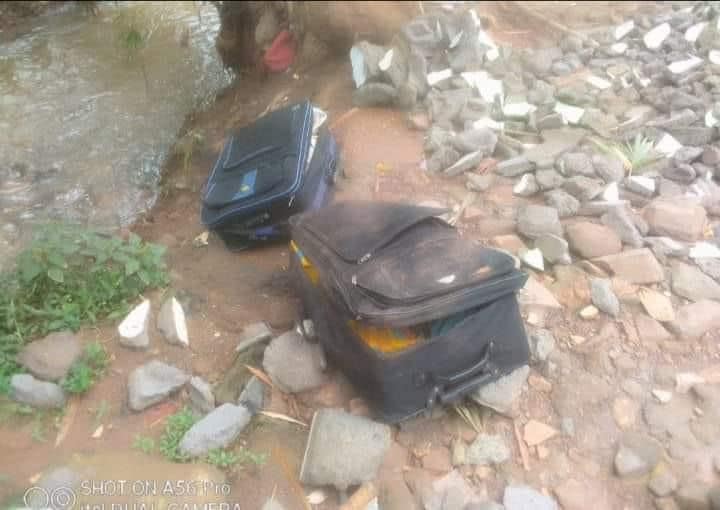
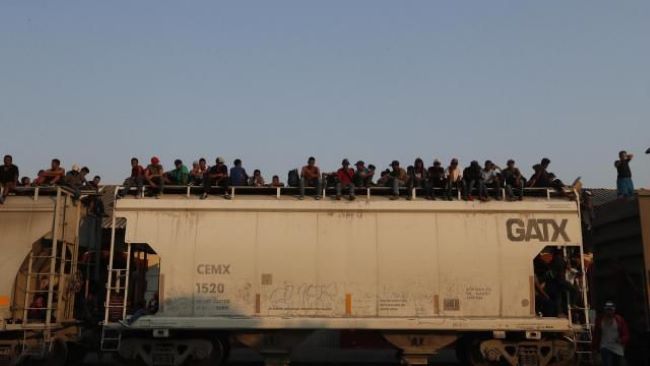
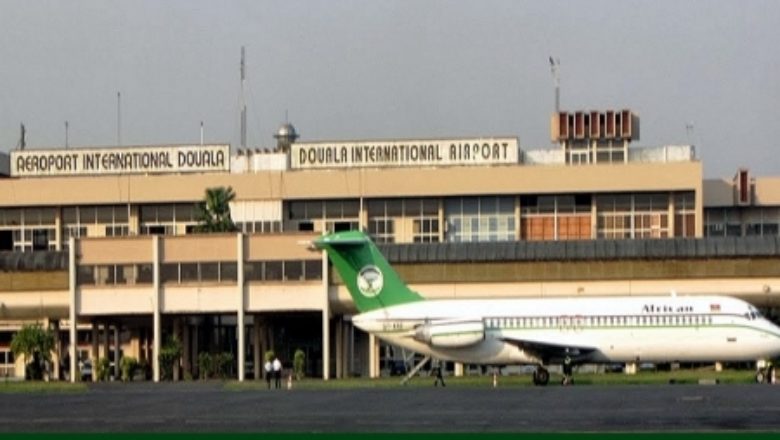

















30, April 2024
Biya Regime Confiscates Starlink Equipment as Service Shutdown Looms 0
Cameroon has been seizing Starlink kits at its borders due to the Internet service provider lacking a license in the country. Starlink plans to discontinue service in regions where it isn’t licensed, including Cameroon, on April 30. Cameroonian authorities worry about Starlink’s impact on the national telecommunications and Internet provider, Camtel.
In a notice to customs personnel, Cameroon Customs Director General Fongod Edwin Nuvaga acknowledged the presence of imported Starlink equipment and emphasized its potential threat to national security. He highlighted that this technology, known for providing unrestricted, ultra-fast internet connection, operates without oversight from the Telecommunications Regulatory Board. Nuvaga emphasized ongoing seizure of Starlink equipment until proper licensing and regulation by the telecoms regulator is ensured. Concerns expressed by Cameroonian authorities include unfair competition, fraudulent commercial activities, exploitation of Starlink terminals, and risks related to personal data.
Additionally, Starlink has been requested to halt services for Cameroonians until it obtains official licensing, purportedly to safeguard the market. In an email notification to roaming customers, Starlink explained that its regional and global roaming plans are meant for temporary use by travelers, not for permanent utilization in unauthorized areas. The provider emphasized that using a Starlink kit in an unauthorized location violates the company’s Terms & Conditions. Following the April 2024 deadline, subscribers away from authorized regions for more than two months must either relocate or update their account country to avoid disconnection.
Numerous African nations are imposing restrictions on satellite internet providers, citing licensing and regulatory concerns. In Zimbabwe, the telecom regulator instructed Starlink to disconnect users in April 2024, following a previous announcement in January that distributors and users would face arrest. Conversely, Ghana’s National Communications Authority recently granted approval for Starlink to operate, making Ghana the eighth African country to endorse the satellite internet service, despite previous legal challenges.
Source: techinafrica